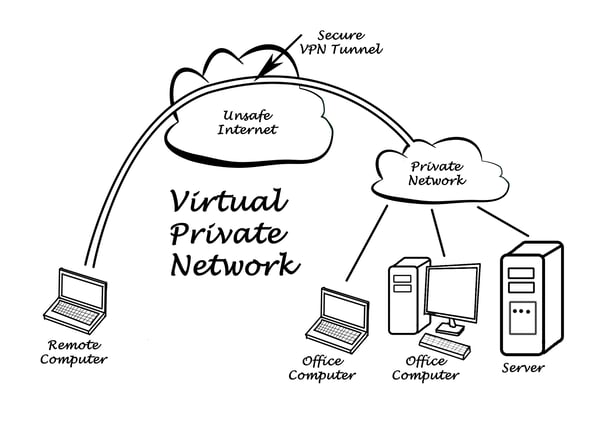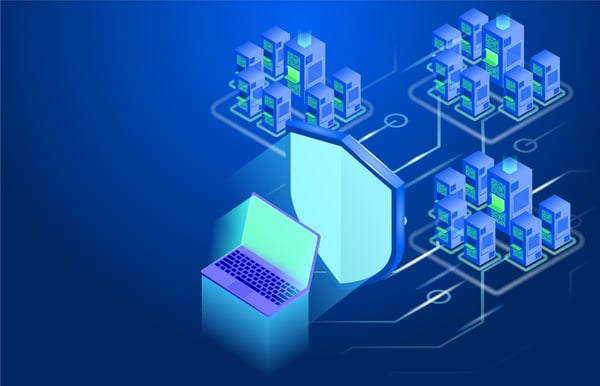Remote Access VPNs
Remote Access VPNs create connections between a user and a remote network using a dedicated NAS Server and VPN client. When a user wants to access a resource, the VPN client is activated on the user side, which establishes an encrypted tunnel to the NAS Server.









.png)



